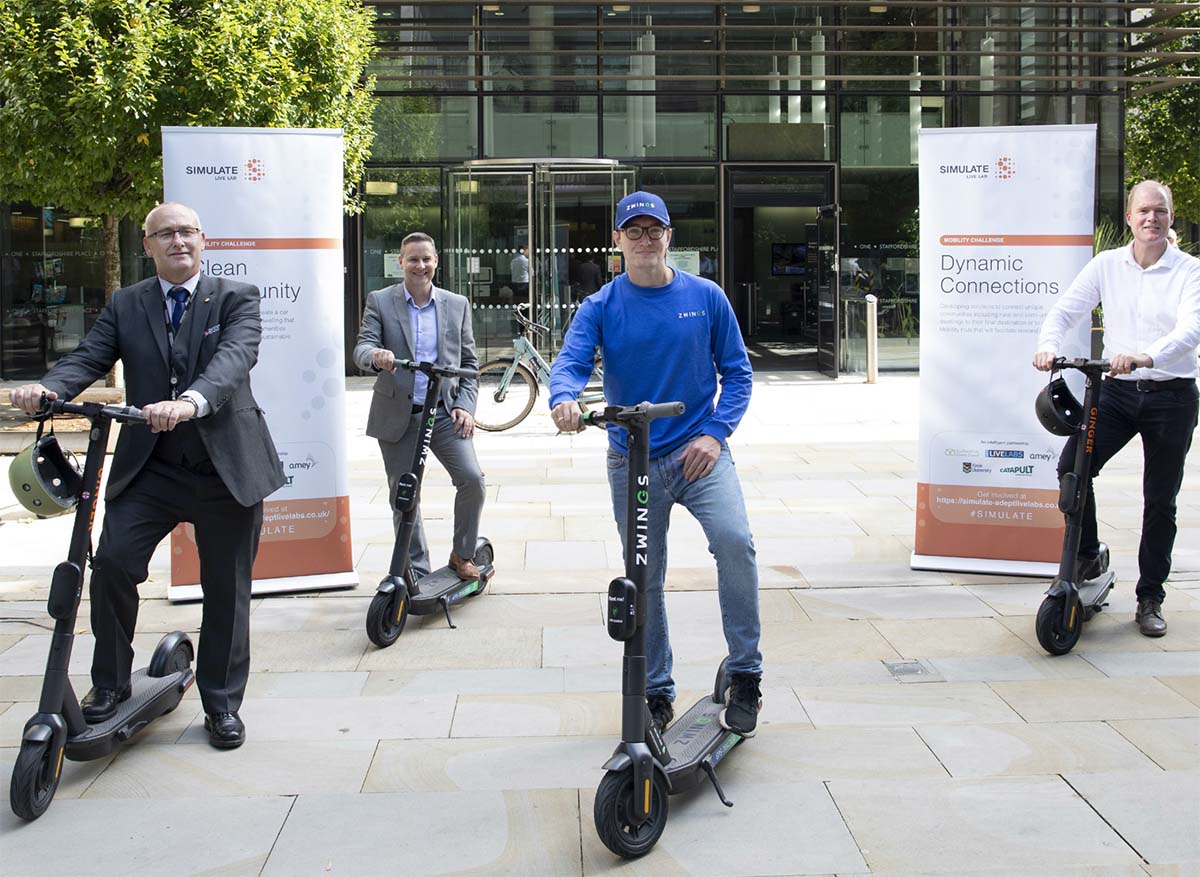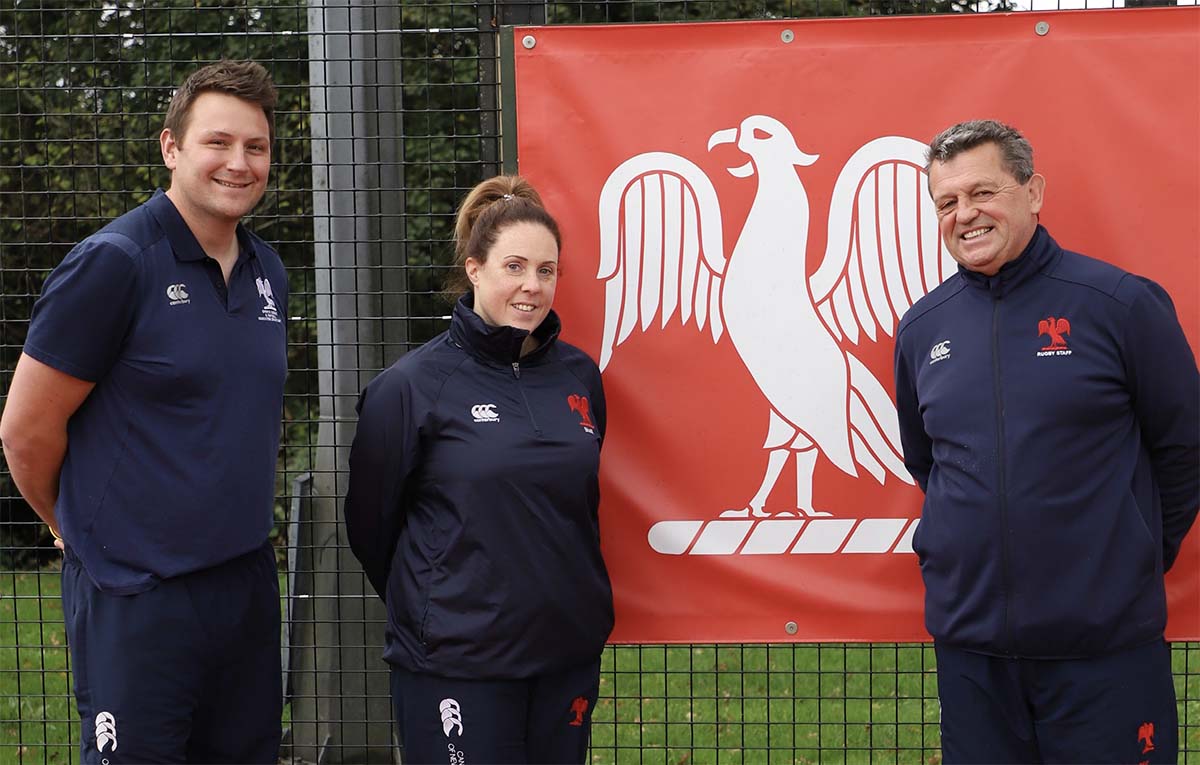
There are growing calls for the highways sector to play a wider role in positively impacting public health – but is it possible? David Ogden, Business Director for Highways at Amey, thinks it is. Here he explains why.
As the pandemic continues to stress test many traditional economic models, innovation has never been so important. In fact, it is likely to play a fundamental role in not only mitigating the economic fallout that COVID-19 continues to leave in its wake, but also assisting the path towards economic recovery.
But what does innovation and service transformation in the context of the highways sector look like, and how can it be translated into meaningful outcomes at a regional level?
Innovation is about enabling continuous improvement in order to deliver better outcomes for communities. Yet, real innovation, whether that is de-carbonisation on the journey towards net zero, or effectively delivering and promoting active mobility solutions, can only be truly realised through open collaboration between the public and private sectors. Ultimately, success comes from open collaboration between large and small organisations across multiple sectors, all of which need to work together to deliver solutions. This is not achievable in silos.
A blueprint for safer working environments
One of the key areas where collaboration and innovation converge is safety; an area that Amey is influencing at both macro and micro levels.
At a macro level, investing in sustainable highways infrastructure is positively impacting public health and, arguably, lessening the burden on critical public services such as the NHS. Installing cycle paths and addressing the growing demand for electric vehicles by installing the necessary charging infrastructure, for instance, is facilitating active travel and contributing towards the reduction of carbon emissions. Likewise, maintaining public footpaths to a high standard reduces the potential of trips and slips.
On a micro level, and through access to robust and real-time data, much of which exists as a result of Amey’s willingness to adopt new technologies that allow our teams to view, analyse and act on information at a granular level, we’re able to develop innovative solutions that address safety issues. For example, both Amey and industry-specific data shows that people continue to be injured whilst working on the road network, an issue that is now within our gift to address.
One example of how we are doing this is our collaboration with Kent Council. The partnership, which has seen us pioneer the use of innovative drone technology in road investigations and maintenance, has demonstrated that by mixing new technologies with existing engineering skills, we can safeguard our teams, improve response times, remove additional vehicles from the network and minimise risk of injury.
Without effective collaboration between Amey, our partner VTOL Technologies and the council, this advancement may have merely remained a concept –
or never have been conceived of at all. Also, from a longer-term perspective, this willingness to collaborate is enabling all participating organisations to learn, share best practice and accelerate innovation and growth in a way that is simply not possible in isolation.
Working together to achieve mutual goals
Of course, we are not just concerned about the safety and wellbeing of Amey’s people, but also those we are charged with serving through our partnerships with UK councils.
Our continued work with the ADEPT Live Labs programme illustrates this. The two-year, £22.9m project funded by the Department for Transport will run until November 2021, and we are working on two of the Live Labs currently in operation.
In September we launched micro-mobility trials in partnership with Staffordshire County Council and as part of the ADEPT Smart Places Live Labs programme. The government-approved project saw 150 e-scooters introduced to the streets of Staffordshire in order to explore alternative, green transport options for the local community. The aim is that as people begin to return to their workplace, they will have access to transport - other than buses and cars - that can positively impact the environment. This is the first of 10 mobility and clean air initiatives that will be trialled across Staffordshire in the next 12 months alone.
"Being placed in a situation that we are not
in control of has given us a platform and the
freedom to review our approach to highways
and infrastructure service delivery"
The trial has been designed to test new innovations, improve the mobility of those living within the council’s catchment area, and help people connect more easily and sustainably. It also further supports the benefits of effective public-private sector partnerships, demonstrates the potential of collaborative working and illustrates how organisations are now moving away from siloed working methods.
Collaboration beyond the pandemic
COVID-19 has undoubtedly produced a huge shockwave and forced many, if not all, sectors to do things differently. However, being placed in a situation that we are not in control of has given us a platform and the freedom to review our approach to highways and infrastructure service delivery, and adapt our processes to suit a post-COVID world. In fact, it is this freedom that is enabling us to trial new solutions, and learn much more at a much faster rate. Our aim is to share this knowledge with others in a bid to fast-track further innovation and help shape government policy and legislation.
This shift has seen us look deeper into how we can better meet the needs of local councils and citizens by exploring bespoke contract models. One example is considering the merits of replacing output-based contracts, where achievement is measured on performance standards, with outcome-based contracts, where success is measured on desired outcomes that not only take into account service delivery, but also the creation of social value, too.
We’ve found that by embracing the technological revolution and collaborating with both private and public sector organisations, Amey is able to build better, more valuable relationships across its entire supply chain and deliver much more than what would be achieved by working in siloes. We’re also able to build relationships based on trust and, in doing so, cultivate a climate whereby conversations around new approaches and innovative thinking can flourish.
Ultimately, if strategic local outcomes are clear and shared, traditional highways contracts can become an enabler for change. They can also deliver carbon reduction through improved mobility infrastructure, as we are now seeing in Stafford.
Can the highways sector have a positive impact on public health? Absolutely, yes. In fact, there has never been a closer link or a bigger opportunity. With the global and local focus on climate emergency, and the changes created by the pandemic, there is a collective momentum across the sector to deliver outcomes that positively impact the citizens of the areas that we operate in.
So, let’s collectively grab those opportunities to collaborate and build on them. In doing so, we can be proud that we are not only building the highways infrastructure of today, but also addressing the challenges that public sector organisations continue to face.
For more information on Amey’s journey towards net zero visit www.amey.co.uk




